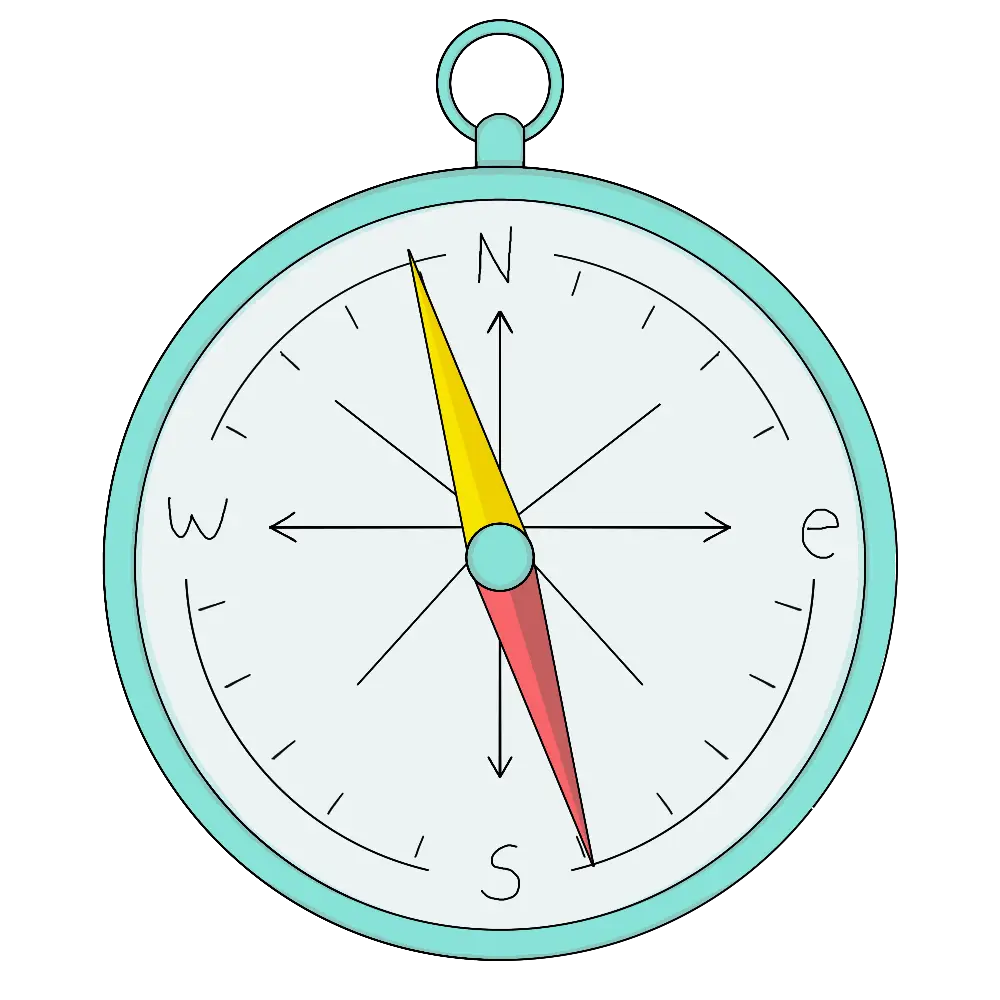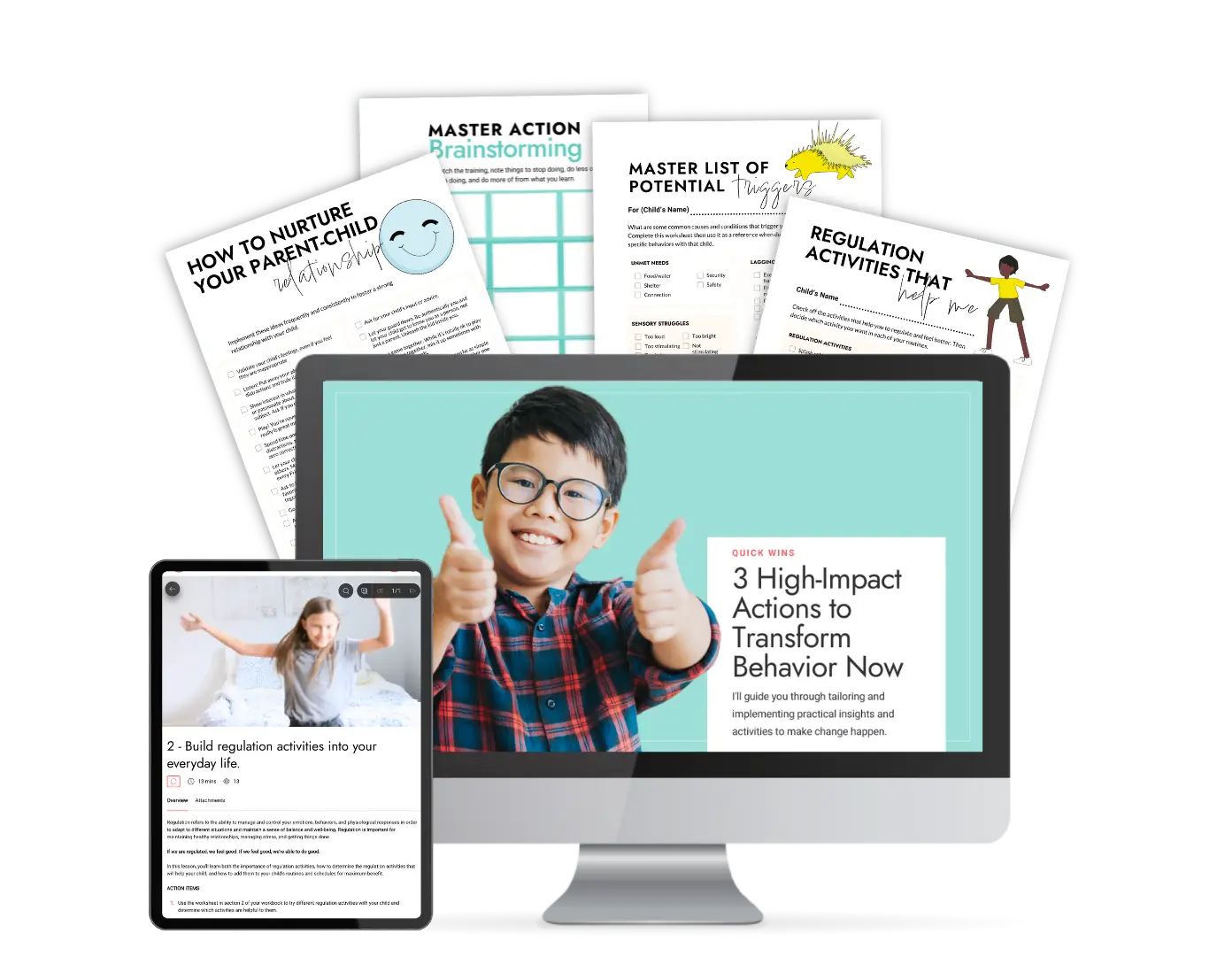There's a lot more to ADHD.
In my latest book, The Insider's Guide to ADHD: Adults with ADHD Reveal the Secret to Parenting Kids with ADHD, I devote nearly an entire chapter to all the parts of ADHD that doctors, therapists, and teachers don't tell parents about upon diagnosis, or sometimes ever. There's inflexibility, meltdowns, sensory processing struggles, executive functioning deficits, etc.
When Ricochet was diagnosed with ADHD in 2008, I was handed a flyer on 504 plans, a flyer on the definition of ADHD, and a flyer on ADHD medication, along with an offer of a prescription for medication. The physician did not mention one thing on that list of additional facets of ADHD, nor did anyone else. I had to read, research, and learn the hard way. I certainly hope my books and blogging change that for other families. I've decided to make “All the Other Stuff They Don't Tell You” a regular series here on the blog — it's a lot of information. Today I'm going to discuss MTHFR.
First, I must say, I am not an expert in anything I'm about to discuss. In fact, it's incredibly complex and difficult to understand and I know very little about it. I'm writing about it because you need to explore these possibilities in your own family.
MTHFR
MTHFR is a gene in the human body — methylenetetrahydrofolate reductase to be specific. The gene tells the body how to make the enzyme. This enzyme is important for the body to process folate (B9) properly. In simplest terms, it turns folate into methylfolate through a process called methylation.
So, if the MTHFR gene is mutated, it cannot produce the enzyme correctly, which disrupts the processes on down the line (like the production of serotonin and dopamine, key players in ADHD and autism). It causes one's body to change folate into methylfolate at a reduced capacity (as low as 10% for homozygous polymorphism and 50% for heterozygous), so they have too much folate in the body, and not enough methylfolate, which, again, hinders the processes on down the line.
There are many conditions, both mental and physical, the medical community has associated with MTHFR mutations — MTHFR.net currently lists 64. Autism and ADHD are on the list.
If not treated, MTHFR mutations can make mood and behavioral disorders worse, and treatment of them more difficult. As such, this mutation often explains, at least in part, why some folks have sensitivities or rare reactions to medications, and even supplements.
Treatment of MTHFR polymorphisms varies depending on the individual's needs. Methylated versions of supplements like folate and B-12 are often recommended, as well as a quality antioxidant.
MTHFR is a very complex part of neuroscience and epigenetic. I have a gifted IQ and can't understand one bit of it. The best I've read on it (the easiest read on the subject) was “Holy MTHFR” over on the Easy to Love but Hard to Raise blog.
Ricochet was found to have MTHFR polymorphisms (heterozygous for both) three or four years ago. The integrative MD who knew to do the test wasn't experienced in treating the outcome and we struggled with trying many different (and expensive) supplements over the course of many months but couldn't get it quite right. Often, it was quite wrong and Ricochet was more moody or more easily agitated. I've tried researching it on my own, but, again, a rocket (or neuro) scientist I am not, and researching and experimenting with supplements on my own has been a bust I've abandoned as well. I recently learned of a physician in my area who has training on MTHFR and I plan to take Ricochet to see her soon. I know treating the MTHFR effectively will help him, in part.
If you struggle with finding effective treatment for your child with ADHD and/or autism, I encourage you to have some genetic testing done specifically for MTHFR (and COMT and a few others that are along the same functions). We did the Neurogenomics test through Genova Diagnostics. Many people use the 23 and Me test, and some (especially in the autism community) follow Dr. Yasko's protocol.
If your child has the MTHFR polymorphisms, I'd love to hear how you're treating it and what changes you have seen because of it.
More resources on MTHFR:






I have the mutation as well as adhd and depression. I recently was prescribed Enbrace which has the methylated folate as well as other vitamins that are “activated”. It's only been a few days since I've been taking it but my mood feels much more stable than it used to be. No idea if the mutation is cause for adhd but it definitely doesnt help.
How's your journey going now?
We have suspected MTHFR issues here and we're awaiting our 7 year old's (adhd traits but although labels aren't my favourite thing they're semi helpful) 23andme results right now then we'll see a functional medicine practitioner before we figure out finances for ourselves as I've experienced horrid depression/anxiety for most of my life as well as thyroid/adrenal fatigue in the past 8 years or so and my husband has similar issues recently. I'm hopeful re improvement on all counts.
I suspect the rest of our family has MTHFR polymorphisms too. I have fibromyalgia and anxiety, my husband has an auto-immune disorder, my daughter has significant anxiety disorder too. We haven't done the testing yet though, but we should.
Hi Penny , did you have your son tested for other genetic defects? There are manny more that can contribute to ADHD besides MTHFR . Sorry for my English , i am Dutch. Greetings Marieke.
He was only tested for the Neurogenomic profile, which tested MTHFR and 5-6 other genes. He had polymorphisms in every single one of them.
I have workingmemory problems , maby ADD , general and social anxiety , depression , ocd and chronic fatigue syndrome . My daugther has working memory problems and mild general anxiety , and my son HAD ADHD symptoms now he only has low motivation . The 3 of us are currently waiting for our 23 and me results . I hope we wil get the answers we are looking for for so long . Greeting Marieke
What are the other 5-6 genes that were tested besides MTHFR?
I can't remember, but this is the exact test we got: https://www.gdx.net/product/neurogenomic-test-saliva.
Hi Marieke, What other genetic defects are associated with ADHD that you are aware of?
I'm sure there are many, but it's not my area of expertise. Check out materials from the NIH for more on that.
My son is heterozygous for both types of MTHFR mutation. One from myself and the other from my husband.
The child is now 13, was diagnosed as “classic ADHD” late kindergarten… but I've always felt we're missing something. In 3rd grade we had additional testing done, found out about our gene mutations, but no direction in addressing this with any interventions. During that same year we discovered food sensitivities and sensory processing issues. Now he has severe anxiety issues and OCD.
What type of doctor helps people address these issues? The doctors we've seen try to throw ADHD meds at him (which he doesn't tolerate well at all) and have never heard of MTHFR, much less know anything about implications.
He needs help but we have no idea who to turn to.
I would look for a Functional Meds Doc or Integrative Meds doc to work on MTHFR and a more holistic approach.
Do nutritionists know about MTHFR?
Some may, most will not.
We weren't able to find a provider to help. Began some therapy with a counselor and we were just on the verge of going back on meds, BUT…
We began trying some methalated B vitamins, Mg, NAC, Omegas and CoQ10. Didn't go back to any pharma meds and he actually made both the last quarter and semester honor roll!! NO MEDS! He still struggles at times but overall has matured a lot and seems to handle life overall better.
This is so interesting to me, because we recently found out my son has ADHD (he is 13). Reading up on it led me to some articles about how it manifests in adult women and I check all the boxes… I think I have ADHD. And, I'm MTHFR heterozygous. I was given folic acid when I was pregnant because I had miscarried twice, so I wonder what, if anything, that would have done to my undiagnosed ADHD?
I'm not a specialist in this are and have very minimal understanding of it really. I don't think it would have affected your ADHD symptoms necessarily. If you were getting more folic acid than your body could process due to MTHFR polymorphism, then you could have experienced symptoms with mood. You can read more about this by searching Amy Yasko's work.
What supplements can we take? Activated b complex, TMG, NAC, SAMe? Do you know anything about these?
These are questions for your physician. It's important to work with a clinician when considering supplements even though they are available over the counter.